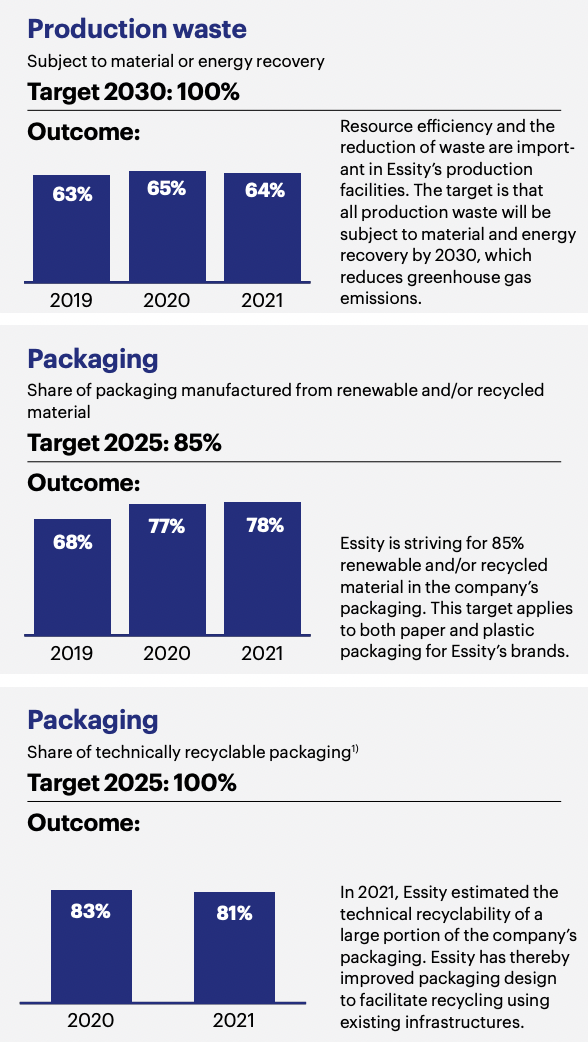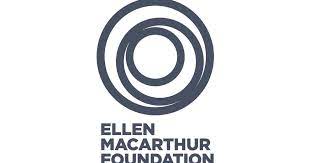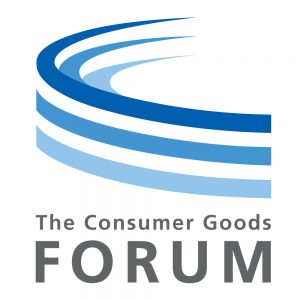SOURCE: Essity
DESCRIPTION:
To reduce waste arising from Essity’s production and after use, we are developing products and packaging containing less fossil-based plastic and more circular solutions.
Production waste
Resource efficiency and the reduction of waste are important in Essity’s production facilities and the target is that all production waste will be subject to material and energy recovery by 2030. Recycling or extracting energy from the waste instead of sending waste to landfill reduces greenhouse gas emissions. For example, recovered material from tissue manufacturing can be used as raw material for other industries, such as the construction industry.
Waste after use
Our services are constantly improving and new designs are utilized to reduce waste, and thereby cut greenhouse gas emissions. Essity aims to increase the use of renewable materials and new reusable products. We carry out circularity assessments as part of the innovation process to obtain a better understanding of how waste can be avoided after use. Examples include TENA SmartCare, where product use is optimized and waste reduced, and Tork PaperCircle, where used paper hand towels are collected and recycled to become new tissue products. Most of our packaging is recyclable and we are working to optimize other packaging. We are reducing and replacing fossil-based plastic in our packaging and products with renewable or recovered materials. We are working to develop smarter designs and innovative plastic materials to reduce environmental impact. Together with our suppliers, we are focusing on increasing the share of renewable and recovered plastic in our packaging. We also strive to broaden collaboration with our customers to further strengthen understanding of how their sustainability strategies and targets can be supported. We are cooperating with customers, consumers, suppliers and other societal partners to identify more sustainable and circular solutions. A challenge in many markets is the lack of infrastructure for collecting used packaging or products. Essity therefore supports national initiatives for large-scale recycling of packaging.

1Packaging is recyclable using existing infrastructures.
Partnerships and collaboration
We are taking part in discussions with actors throughout the value chain to promote the implementation of waste systems that promote circularity, including the CGF, Edana, Ellen MacArthur Foundation and RecyClass. In 2021, Essity joined the Digital Watermarks Initiative HolyGrail 2.0, which is striving to introduce a digital watermark to improve sorting and to increase the recycling rate of plastic packaging in the EU. An invisible watermark on packaging helps waste sorting facilities to identify the type of plastic and sort it correctly.
Memberships
Essity’s membership of the Ellen MacArthur Foundation provides scope to share, learn and put into practice ideas for increased circularity, and to jointly pursue societal change. We are part of the New Plastic Economy initiative, which is aligned with and impacts external prerequisites for Essity’s target to ensure that all packaging is 100% recyclable and to increase the use of recovered plastic by 2025.

Through CGF’s Coalition of Action on Plastic Waste, Essity works together with customers, other companies and organizations to jointly reduce plastic waste and strive to improve social systems, so no plastic waste is disposed of in nature.

Download the Essity Annual and Sustainability Report 2021 here
KEYWORDS: Essity, STO: SCA-A, ellen macarthur foundation, The Consumer Goods Forum, Tork PaperCircle







